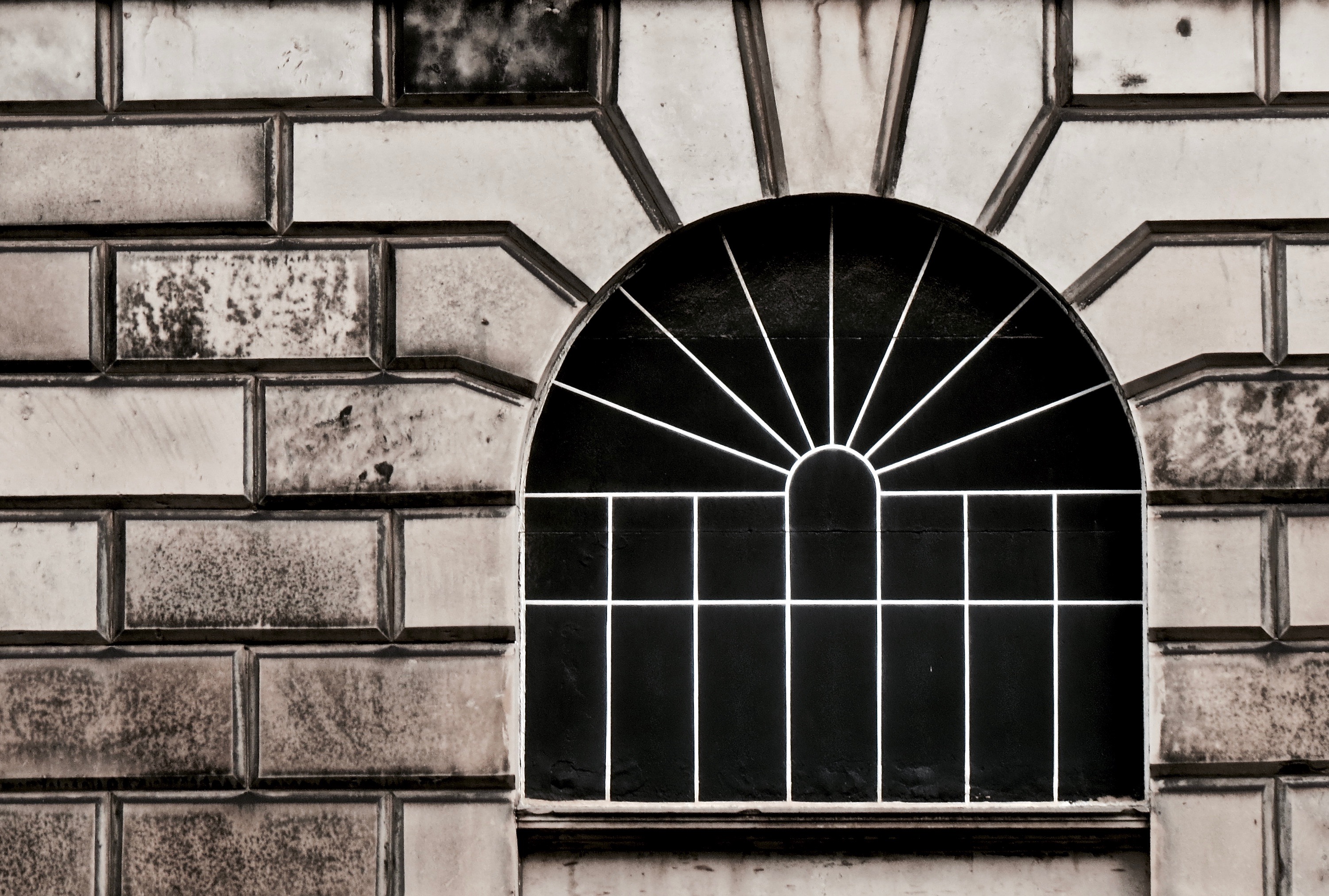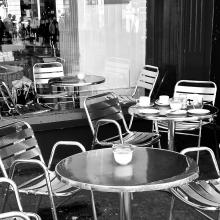
THE BALLAD OF DUNDAS STREET
I settle into the window seat and watch as a light drizzle attempts to motivate late afternoon.
Behind me, the clang and hiss of my order makes a brief, unsuccessful, attempt to enliven this sedate New Town coffee shop.
The rain becomes a downpour, pooling on metallic tables and undulating pavements. Large umbrellas are unfurled, anoraks dived into. For a moment, Dundas Street displays the energetic grace of a late summer regatta.
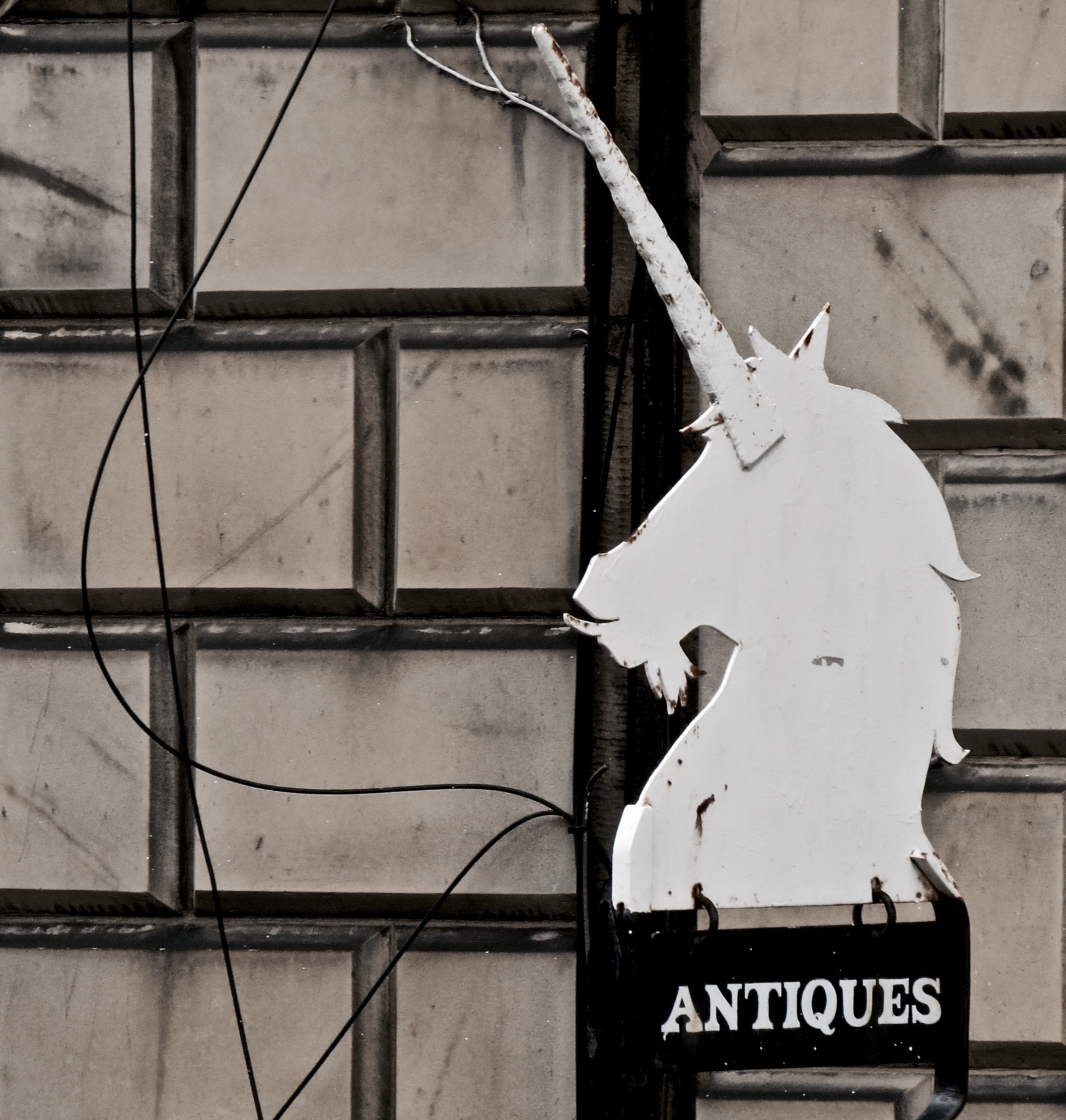
I’m reminded of the last lines of Muriel Spark’s The Ballad of Peckham Rye in which we, finally, glimpse the Rye in a state of transcendence.
In the fading light of late autumn, the Rye becomes a ‘cloud of green and gold’ and life on it undergoes a transfigurement. The sight of children playing and women returning home with their shopping is briefly elevated into a luminous, meaning-laden vision of itself.
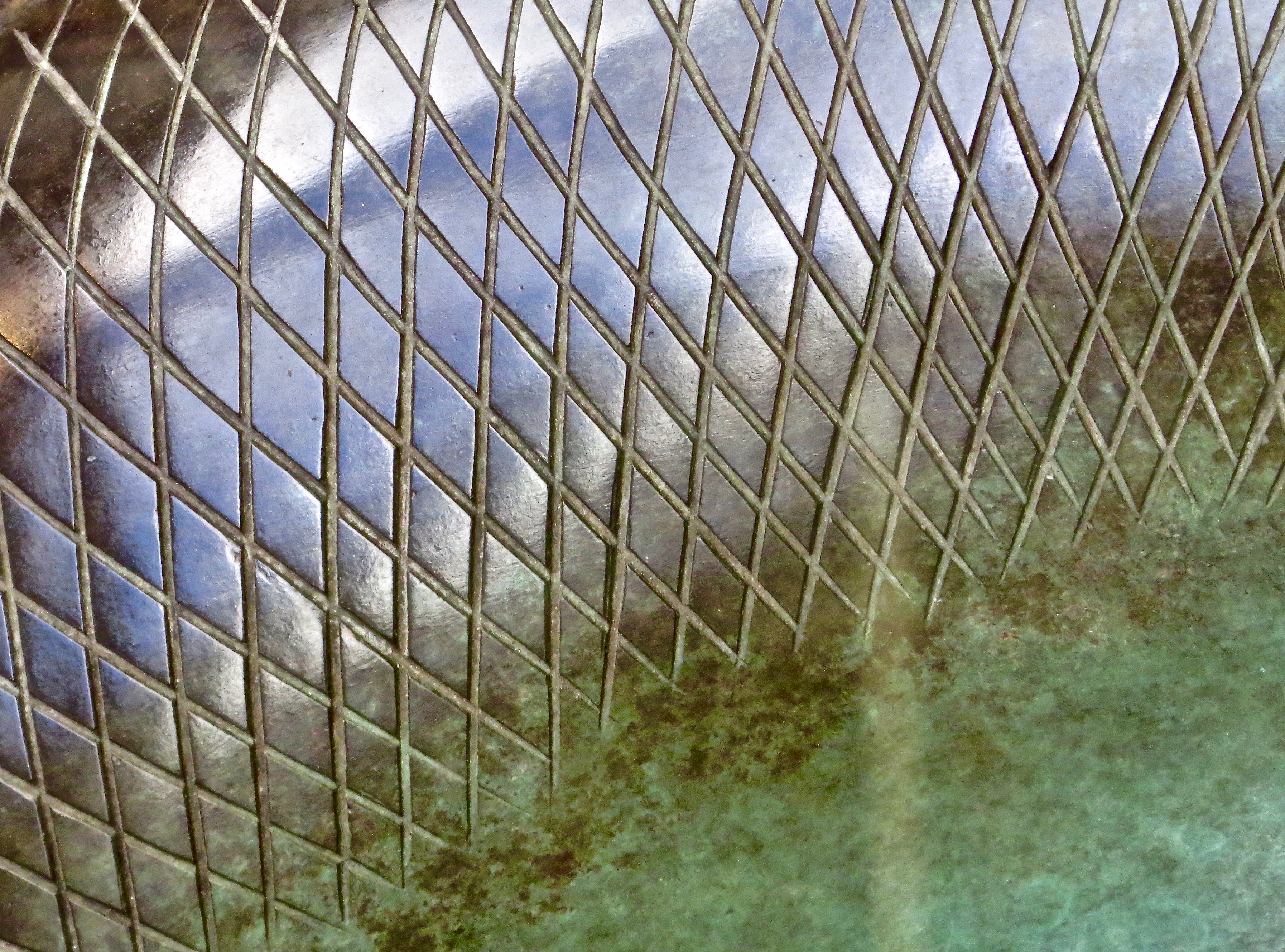
The quality of light is often the motor of this change. In the artistic imagination, sundown teases meaning from shadows, allows us to glimpse, or perhaps sense, ‘another world than this’, as Spark puts it.
Or, as others may prefer, provides a fleetingly intense appreciation of the beauty of this, for the most part, thoroughly disenchanting world.
If we are, as William Blake suggests, shut up in dim caverns peering through narrow chinks, Edinburgh’s sometimes remarkable radiance may help illuminate whatever it is that lies beyond our confinement.
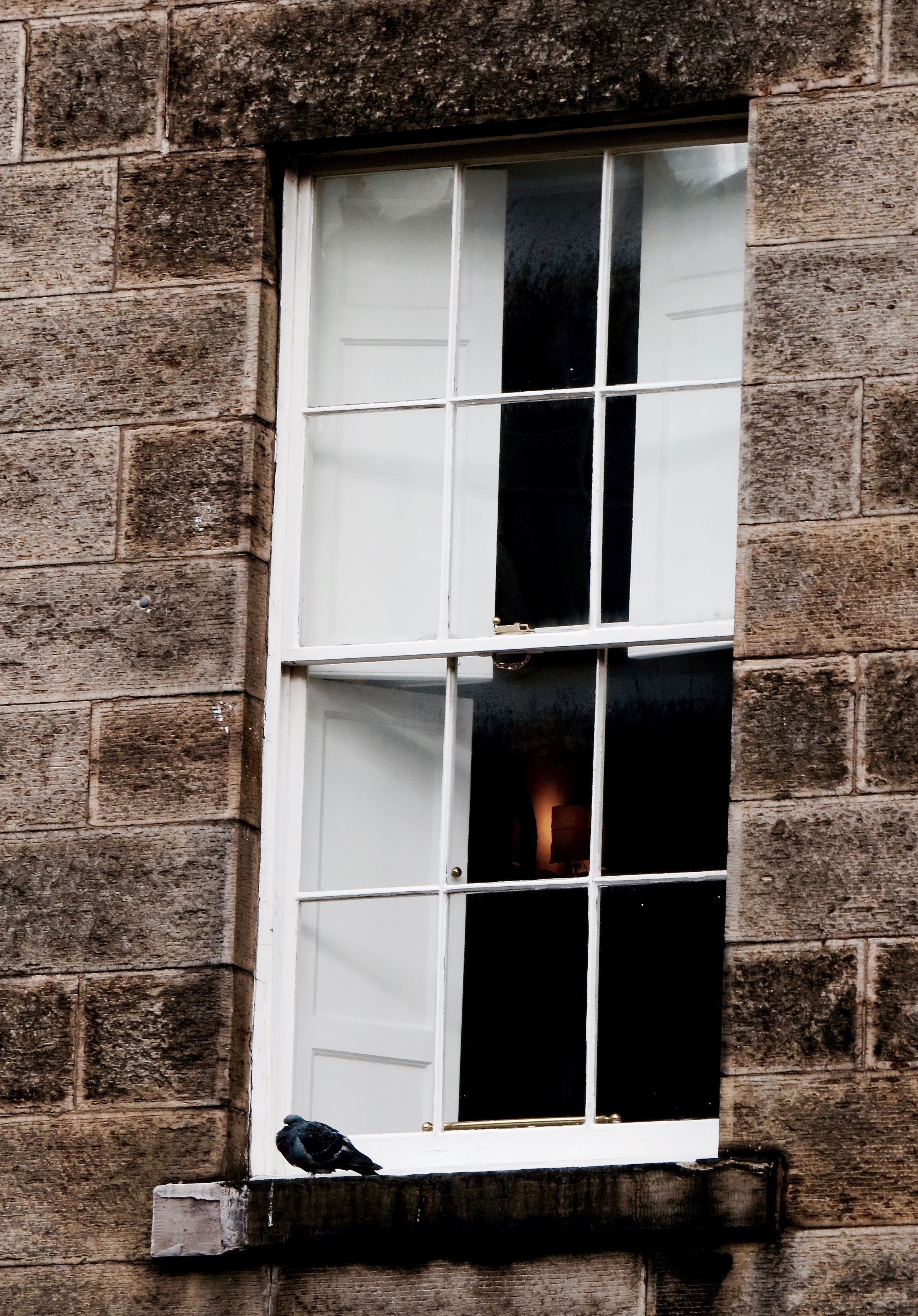
I think how, late on a summer evening, the open view from the foot of Scotland Street feels like the initiation into an unknowable order. At least, it can do. The thing is to not look too hard, want too much. The search for the sublime is defeated by the act of looking for it.
Perhaps, too, some of us are being dazzled into blindness by social media’s twilight feeding frenzies. This online overfamiliarity breeds insouciance. Another pretty picture, very nice, so what?
A man enters the cafe, leaving the door slightly ajar. The air no longer has the ambition of a month ago. Not yet decay, more like the rumour of a resignation. In the distance, Queen Street trees reach over railings like blind mendicants, completely ignored. Foliage is an autumn motif, which all this current verdancy obscures.
Summer, though, never convincingly enthroned, is on the verge of abdicating. Just out of sight, the new season practises its lines, bides its time to fade into view. We are in love with the fall, red and gold leaves relinquished by exhausted boughs. The arboreal gloaming.
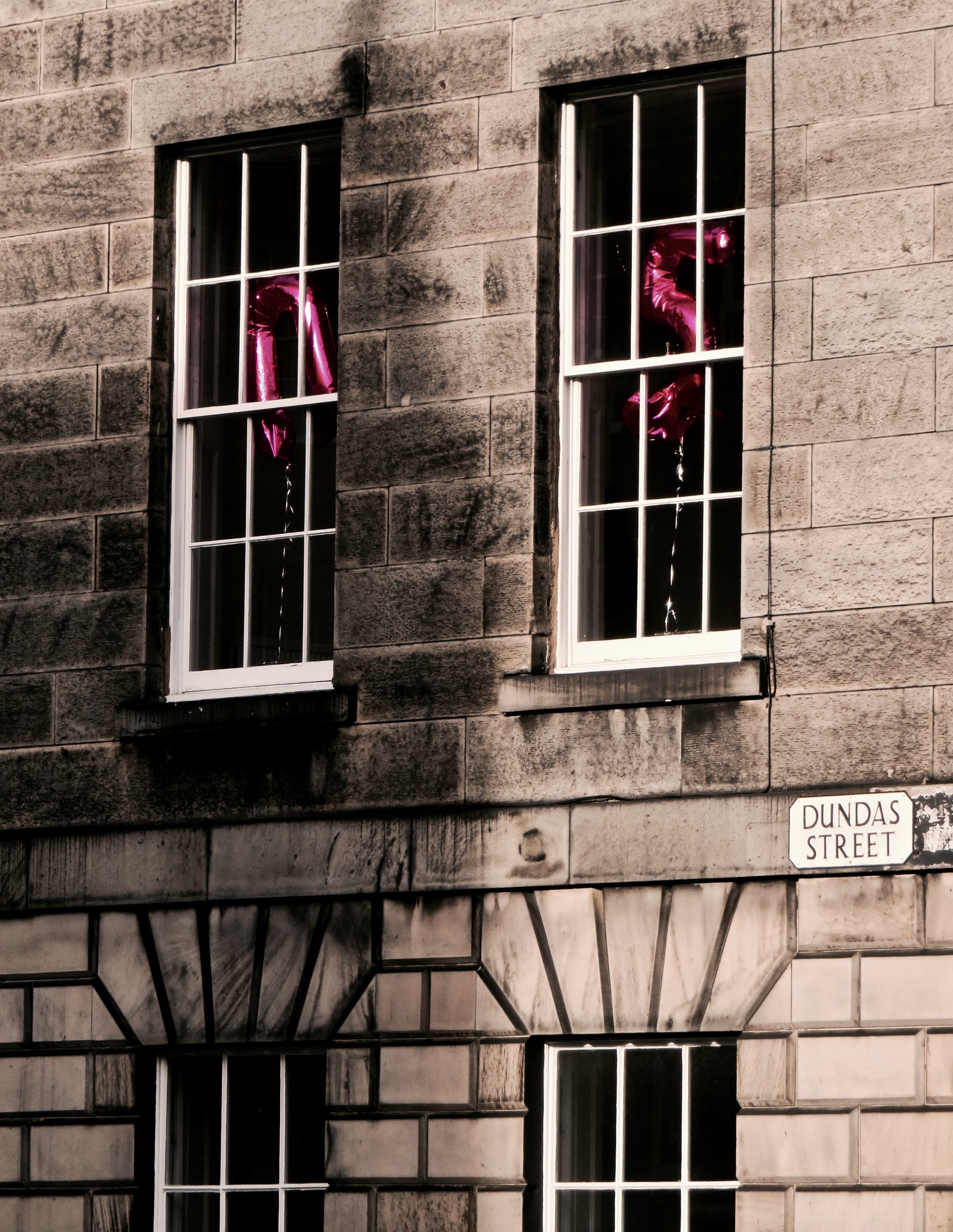
Pretty foliage and dusk mood lighting needn’t be adduced ad nauseam as evidence of Edinburgh’s charms. Nor are they required to demonstrate its everyday Otherness. Any window seat will do that.
May this city romance you in an evening’s pink embrace, but remember she is also counsellor and confidante and will walk beside you under duller skies.
Listen to her whisper in the breeze.—David Hill
